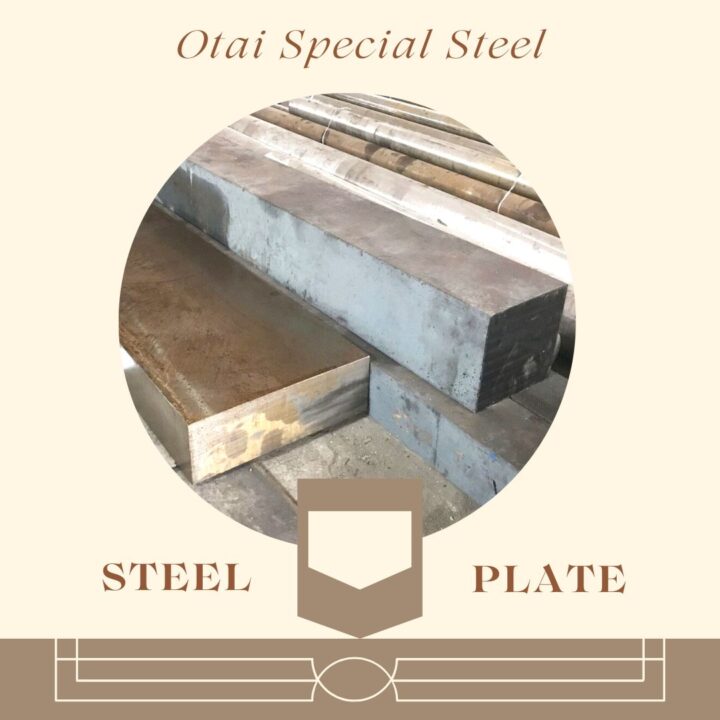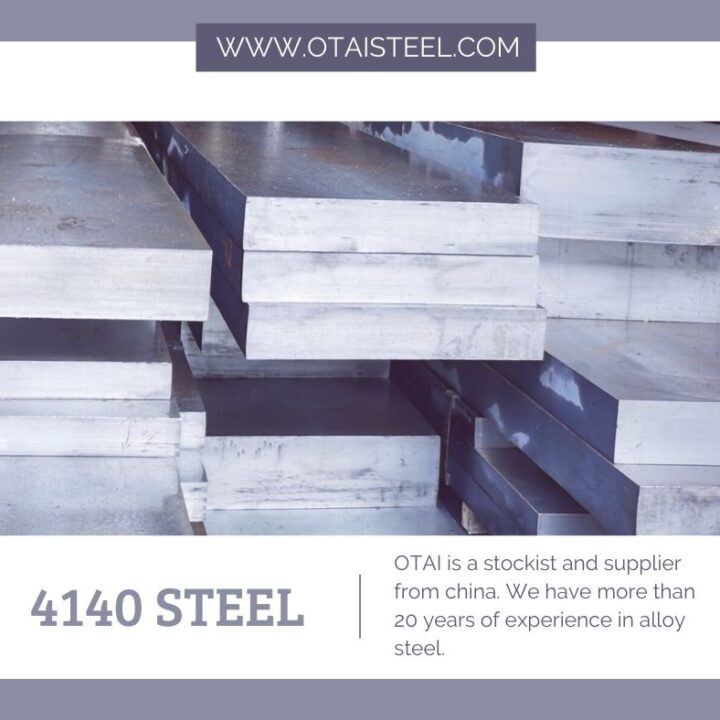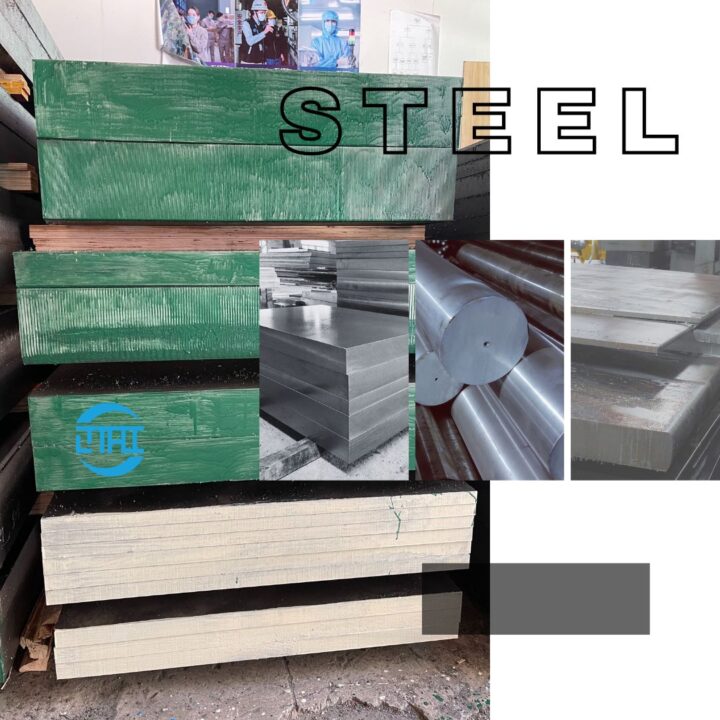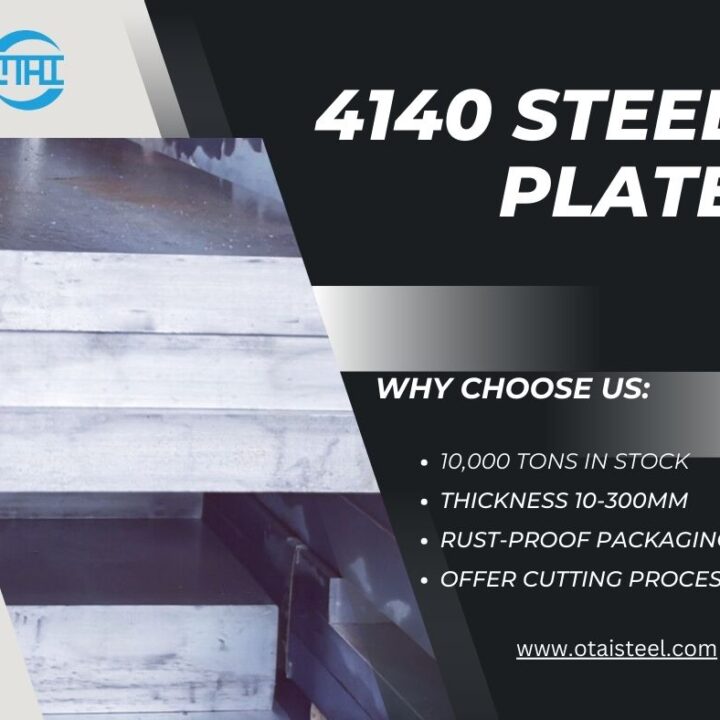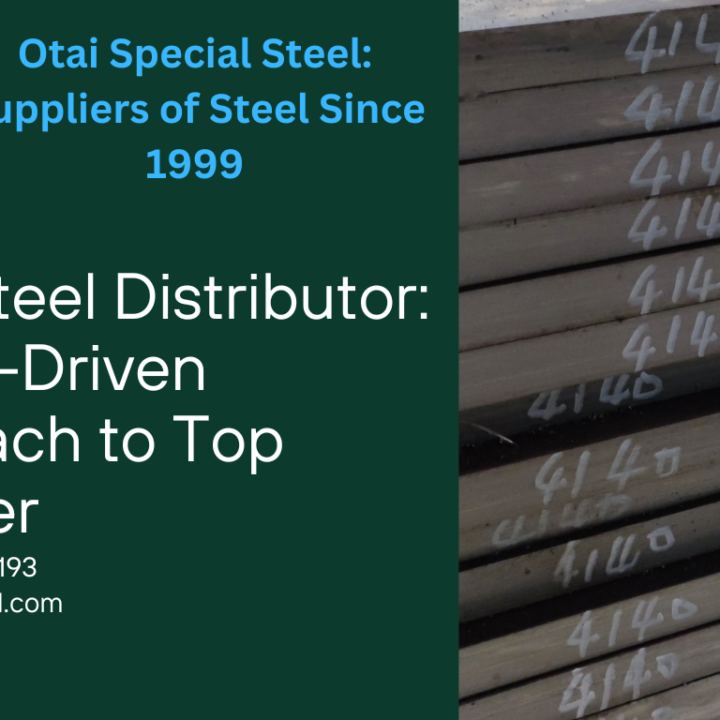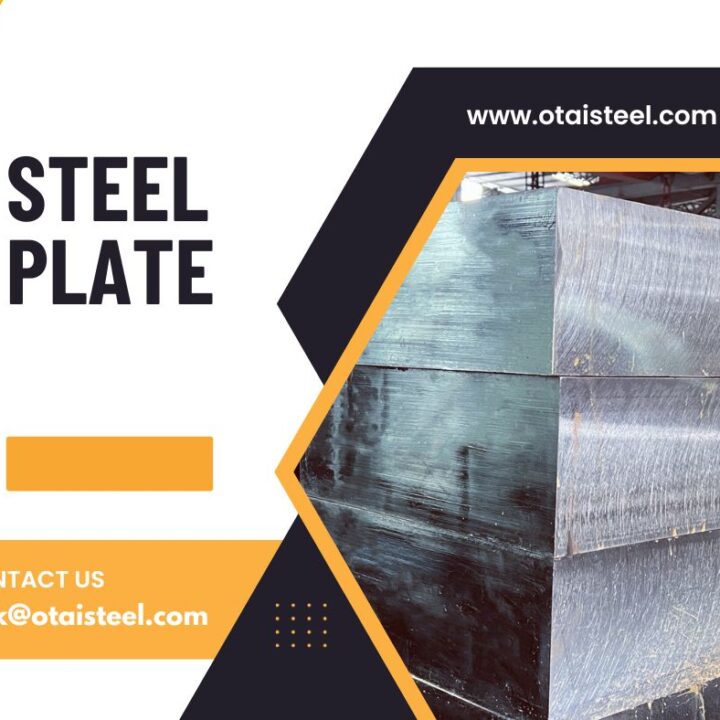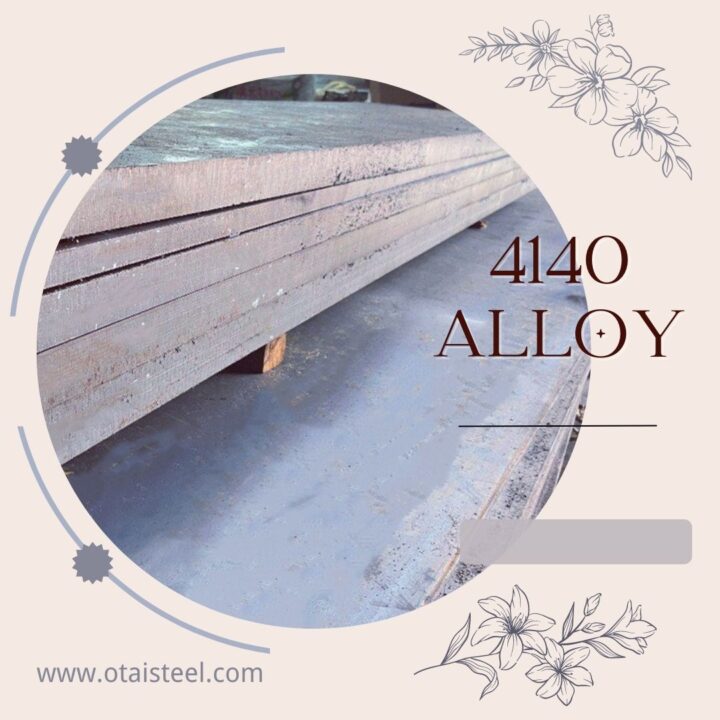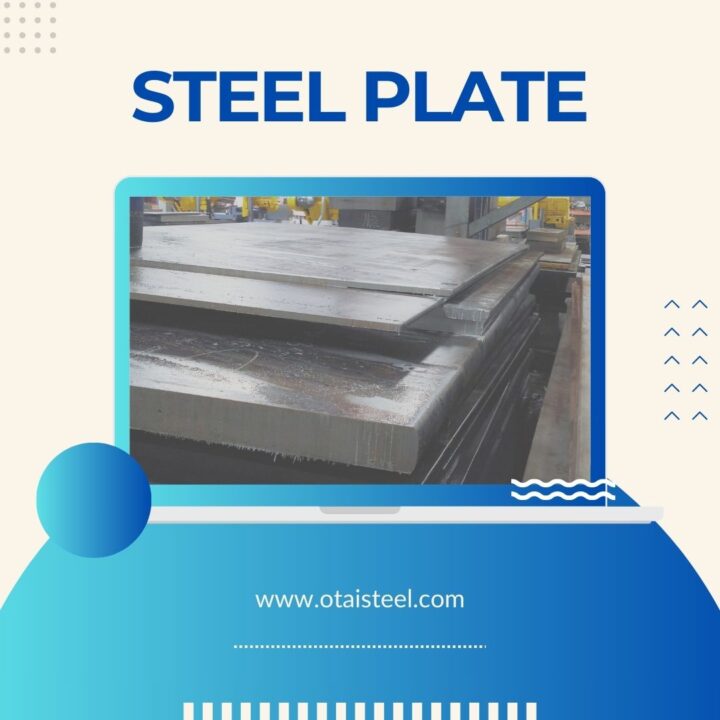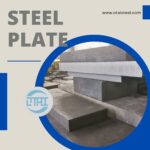When it comes to high-performance steel, 1.2316 steel stands out as a versatile and durable material. In this guide, we will explore the various aspects of 1.2316 steel, with a focus on its hardness, applications, plate variations, and reliable suppliers. Let’s dive into the details that make 1.2316 steel a sought-after choice for a wide range of industrial applications.
Understanding 1.2316 Steel
- Standard and Chemical Composition
1.2316 steel adheres to specific standards, ensuring quality and reliability. Its chemical composition, featuring elements like chromium, molybdenum, and vanadium, contributes to its exceptional properties.
- Mechanical Properties
Hardness: One of the key highlights of 1.2316 steel is its impressive hardness. This attribute makes it well-suited for applications requiring resistance to wear and abrasion. The robust hardness ensures a longer lifespan for tools and components made from this steel.
Applications of 1.2316 Steel
- Diverse Industrial Applications
From plastic molding to precision tooling, 1.2316 steel finds extensive use across various industries. Its versatility makes it an ideal choice for manufacturers seeking reliable and durable materials.
- Plastic Molding
In the realm of plastic molding, the hardness of 1.2316 steel plays a crucial role. The ability to withstand wear and abrasion makes it a preferred material for molds, contributing to extended tool life and improved production efficiency.
Size and Form
1.2316 steel is available in various forms, with plates being a popular option. The availability of different sizes ensures flexibility in meeting specific project requirements, making it a go-to material for different industries.
Price Considerations
Understanding the factors influencing the price of 1.2316 steel is essential for effective budget planning. Variables such as size, quantity, and supplier reputation can impact the overall cost. Obtaining quotes from multiple suppliers is advisable to ensure competitive pricing without compromising quality.
Finding Reliable Suppliers
- Research and Reviews
Thoroughly researching potential suppliers is crucial. Look for reviews, testimonials, and their track record in delivering high-quality materials. Reliable suppliers play a vital role in ensuring you receive the best 1.2316 steel for your needs.
- Certifications
Ensuring that suppliers adhere to industry standards and possess relevant certifications is essential. Certifications guarantee the authenticity and quality of the 1.2316 steel they offer.
Conclusion
As you embark on the journey of exploring 1.2316 steel, armed with knowledge about its hardness, applications, plate variations, and factors influencing pricing, you are well-equipped to make informed decisions. Connect with reputable suppliers and unlock the potential of this exceptional steel grade in your projects.
FAQs
Q1: What makes 1.2316 steel suitable for plastic molding?
A: The impressive hardness of 1.2316 steel makes it an ideal choice for plastic molding, ensuring resistance to wear and abrasion for extended tool life.
Q2: Can 1.2316 steel be obtained in custom sizes?
A: Yes, 1.2316 steel is available in various forms, including plates, offering flexibility in meeting specific project requirements.
Q3: How does the hardness of 1.2316 steel contribute to its durability?
A: The remarkable hardness of 1.2316 steel enhances its resistance to wear and abrasion, contributing to the durability of tools and components made from this material.
Q4: What factors influence the pricing of 1.2316 steel?
A: Variables such as size, quantity, and supplier reputation can impact the pricing of 1.2316 steel. Obtaining quotes from multiple suppliers ensures competitive pricing.
Q5: Why is it important for suppliers to have certifications?
A: Certifications ensure that suppliers adhere to industry standards, guaranteeing the authenticity and quality of the 1.2316 steel they provide.
